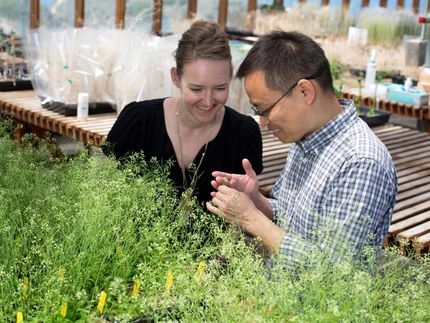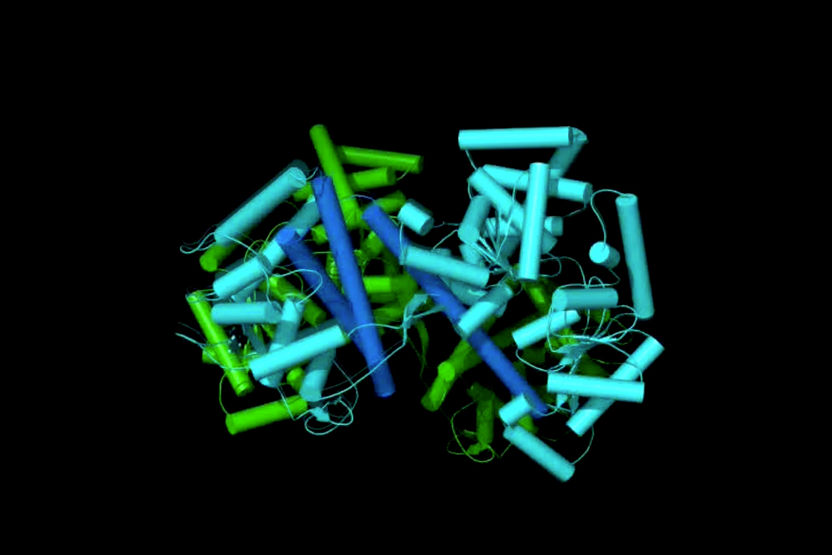Cornell receives almost $2 million from New York state for stem cell research
Advertisement
Cornell University received two one-year institutional development grants for stem cell research from the state of New York as part of $14.5 million in similar awards granted statewide Jan. 7. A grant to Cornell's Ithaca campus totaled $1 million, while a second award for $997,382 was given to the Weill Cornell Medical College in New York City. These are the first grant awards from New York's new $600 million, multiyear stem cell research program that came out of a stem cell research initiative in the 2007-08 state budget.
"This is a major boost for our stem cell programs and will support individual projects, core facilities and collaborative stem cell research on campus," said Michael Kotlikoff, the Austin O. Hooey Dean of Cornell's College of Veterinary Medicine. "The program brings investigators together from several colleges and includes work on stem cell biology and cancer, as well as translational projects using human embryonic stem cell lines in animal models of human disease."
Cornell currently has investigators who conduct research on embryonic and adult stem cells, basic stem cell biology and the use of stem cells to treat cancer, cardiovascular and degenerative disorders. Also, compared to other institutions, Cornell researchers engage in "unparalleled interdisciplinary interactions," and the veterinary college gives Cornell the unique advantage of comparing stem cells across species, as researchers here study mouse, dog, horse and human stem cells, said Alexander Nikitin, the principal investigator of the grant and associate professor of pathology in the Department of Biomedical Sciences at the veterinary college.
He said investigators on the Ithaca campus from the Departments of Molecular Biology and Genetics and of Biomedical Engineering will receive the funding. The money will be divided approximately 50 percent for research, 20 percent for training new investigators in stem cell science and 30 percent for acquiring new instruments for conducting research. Some funds also will go toward establishing a Cornell stem cell program that will offer workshops and will invite national and international experts to Cornell to give seminars and training, Alexander Nikitin, the principal investigator of the grant and associate professor of pathology in the Department of Biomedical Sciences at the veterinary college, Nikitin said.
At the Weill Cornell Medical College's Ansary Stem Cell Center for Regenerative Medicine, the state grant will provide scientists and students the funds to examine the prospective uses of both adult stem cells and embryonic stem cells.

























































